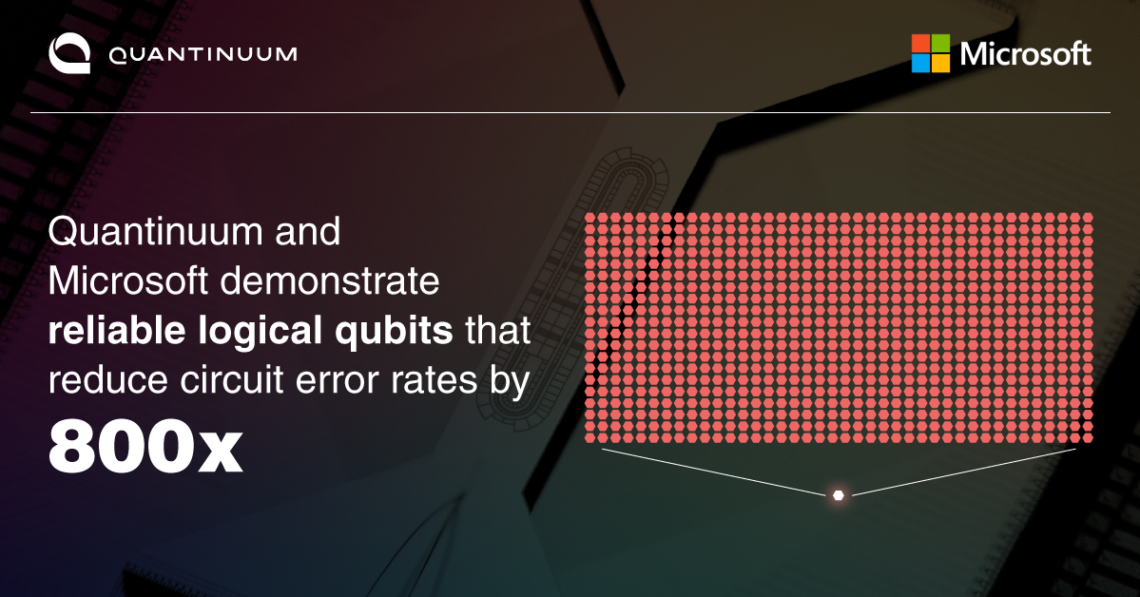
Quantum computers are an exciting area of technology, promising to vastly outperform traditional computers on certain tasks. The concept of “quantum supremacy” suggests that quantum computing can solve problems far quicker than the most powerful classical computers. However, the road to reliable quantum computing is filled with challenges, including claims and counterclaims about reaching this milestone. For instance, the tech giant Google announced that its quantum computer achieved quantum supremacy, but their claims were later contested when it was shown that a conventional computer could perform the same task in mere seconds.

Despite setbacks, the pursuit of quantum supremacy continues. Google remained determined, presenting a new quantum computer to reassert their claim. Even as debates on these claims continue, companies stay committed to overcoming the barriers to practical quantum computing, pushing the boundaries of what these advanced machines can do.
Key Takeaways
- Quantum computers aim to outpace classical computers through quantum supremacy, but their success is debated.
- While initial claims of quantum supremacy have been contested, progress in quantum computing continues.
- Challenges in quantum computing include error correction and the need for more reliable and powerful machines.
Additional Insights from New Scientist

Quantum Threats to Encryption: Current encryption methods, including RSA which relies on the difficulty of factorization, may be vulnerable to quantum computers. As these advanced machines become more capable, they pose a significant threat to cryptographic security.
Quantum Advancements: Researchers are actively developing quantum-safe encryption that can resist quantum attacks. This includes post-quantum cryptography, which refers to cryptographic algorithms designed to be secure against an attack by a quantum computer.
Key Distribution Techniques: The security of public key cryptography depends on the safe exchange of keys. Quantum key distribution (QKD) offers a solution for secure key distribution, leveraging the principles of quantum cryptography.
| Encryption Type | Key Features |
|---|---|
| Asymmetric | Uses public and private keys for encryption |
| Symmetric | Uses a single key for encryption and decryption |
| Quantum | Employs quantum mechanics for secure communication |
Cryptosystems and Sensitive Data: Protecting sensitive data against cyber threats requires robust cryptosystems. Both Rivest-Shamir-Adleman (RSA) and emerging algorithms aim to provide this cryptographic security by applying complex mathematics that challenge even the most sophisticated quantum computers in cybersecurity.
Common Questions and Answers

Key Hurdles in Fixing Quantum Computing Errors
One of the main hurdles is the occurrence of quantum errors, which can arise from the very operations meant to prevent them. Quantum error correction is vital because quantum computers are very sensitive to external disturbances, causing qubits to lose their quantum properties. Complex issues like inaccurate quantum gate operations and timing delays during error detection can lead to errors, sometimes even amplifying them rather than correcting them. For more detailed insights on these challenges, the discussion of Quantum Error Correction: The Key to Quantum Computing can be very informative.
The Effect of Quantum Decoherence on Computing Precision
Quantum decoherence refers to the loss of quantum coherence in qubits, meaning they lose their ability to perform computations as intended. As qubits interact with their environment, they can lose their superposition, which directly affects computational accuracy. This phenomenon is a significant barrier in maintaining the reliability of the quantum state necessary for computations, as explained in the article Why quantum computers may continue to fail a key test.

Quantum Computing and the Security of Modern Encryption
Quantum computers present potential risks to current encryption methods because they can theoretically crack encryption keys much faster than classical computers. However, it’s important to understand that quantum machines capable of such feats are not yet a reality. Though a future where quantum computers can break encryption does exist, the technology has not advanced to that stage.
Current Practical Constraints of Quantum Computers
Presently, quantum computers face practical limitations, including a lack of error correction ability and limited scalability. They currently perform poorly in real-world applications outside controlled lab conditions, as their theoretical speed advantages haven’t fully translated into practical computational improvements. For more context, consider the perspectives discussed in “How Fast Are Quantum Computers? Key Insights Explained”.
Stability of Quantum Processors and Qubit Maintenance
The extent to which quantum processors can maintain qubit stability is still a subject of ongoing research and development. Keeping qubits stable for extended periods is a great challenge due to their fragile nature and the influence of external noise. This instability impacts the threshold for fault tolerance in quantum computing and its overall reliability for long-term calculations.





































